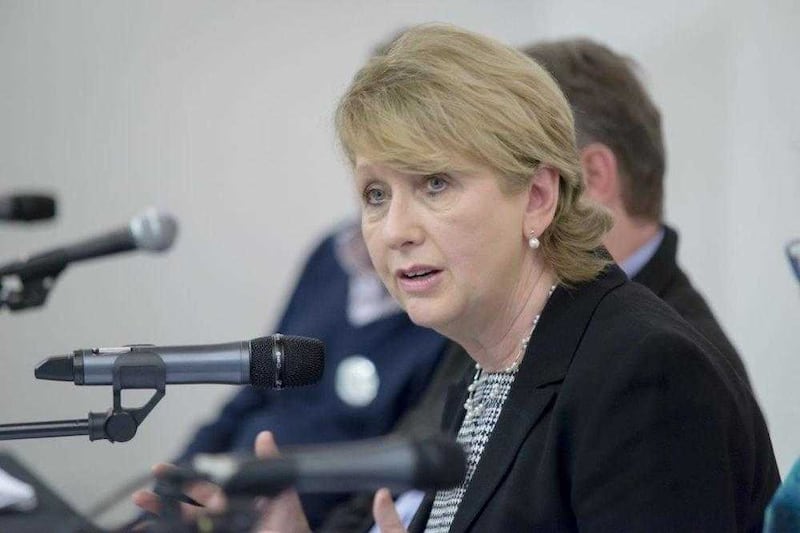On Thursday June 20 1968 three men entered a house in Caledon, Co Tyrone, setting in motion a chain of events that would ultimately lead to the collapse of the Stormont regime.
Two of the names are more familiar: Austin Currie, a Nationalist MP and future minister on both sides of the border; and Patsy Gildernew, whose relatives had occupied the house next door for eight months until being forcibly evicted with their young children the previous day.
The third man was Joe Campbell, a farmer from the Brantry area of east Tyrone, someone who simply saw an injustice to a neighbour and felt compelled to make a stand.
Images of the three men during the Caledon 'sit-in' were flashed around the world and the protests became a symbol of the campaign for civil rights that gathered momentum over the months ahead.
The house the men broke into with a poker that morning was No 9 Kinnard Park, a new three-bedroom property that had been allocated to a 19-year-old unmarried Protestant woman.
She received the home ahead of more than 250 other people on the Dungannon council waiting list, many of them, like the Gildernews, crammed a dozen-a-time into unfit homes to maintain unionist control under an electoral system where only householders and spouses were entitled to a vote.
Such was the anger at this most blatant example of injustice that Austin Currie held a meeting in his home asking for volunteers to occupy the house.
The next morning Patsy Gildernew and Joe Campbell turned up.
All three were relieved to be evicted a few hours later - they shared a fear of what the UVF might attempt come nightfall and, in Joe's case, he wanted to make sure the cattle were milked.
Joe was the eldest of the trio, having been born in July 1923 to James Campbell and Glasgow-born Winifred Bothwell who settled in Clogherney, around eight miles from Dungannon.
After education at the Christian Brothers in Dungannon and St Patrick's Academy, Joe began working on the family farm.
He played football and was involved in the revival of the St Patrick's club in Brantry/Eglish in the late forties and St Patrick's, Eglish in 1955, helping smuggle jerseys across the border under his coat on bicycle trips during the post-war years.
Although from a family with a strong military background - two of his uncles served in the Great War, and his cousins in the RAF in World War II - Joe took a deep interest in Irish history, mythology and politics from an early age.
A devout Catholic and lifetime pioneer, he was prepared to speak up against discrimination and was proud of his involvement in the campaign for civil rights.
However, it was a decision to again put himself between injustice and what he felt was right during the troubled 1970s that resulted in him leaving his farm and moving across the border.
Joe remained in Co Louth the rest of his long life, where he maintained his interest in current affairs.
Always well-dressed and well-spoken, he worked for Gael Linn and wrote letters under the name Seosamh Mac Cathmhaoil to The Irish News on issues close to his heart.
He also returned regularly to visit friends and family in the Brantry area.
Joe Campbell died a bachelor at the age of 92 on October 20 in Our Lady of Lourdes hospital in Drogheda and was buried in Eglish after funeral Mass.
On hearing of his death, Austin Currie expressed his condolences and said he would always be grateful for his "support and his courage" when he played a part in making history in June 1968.
Predeceased by his siblings Maureen and Theresa, Joe is survived by his sister Una Donnelly.






